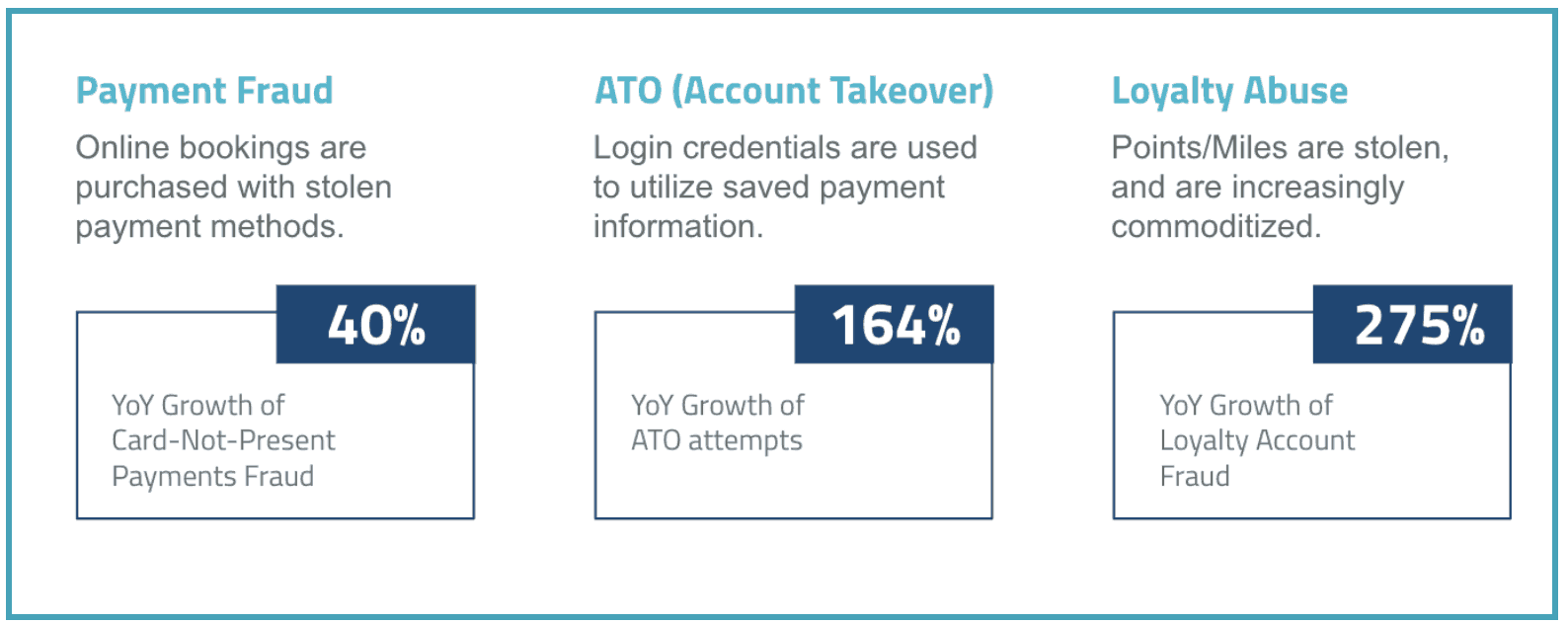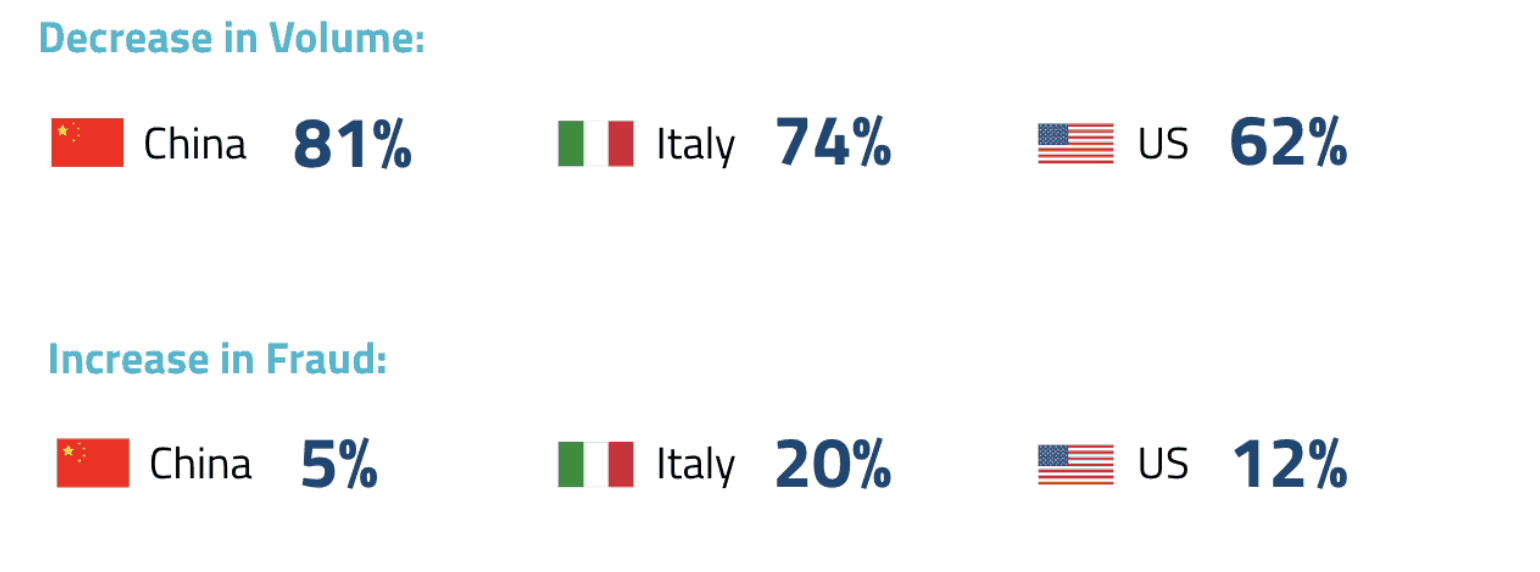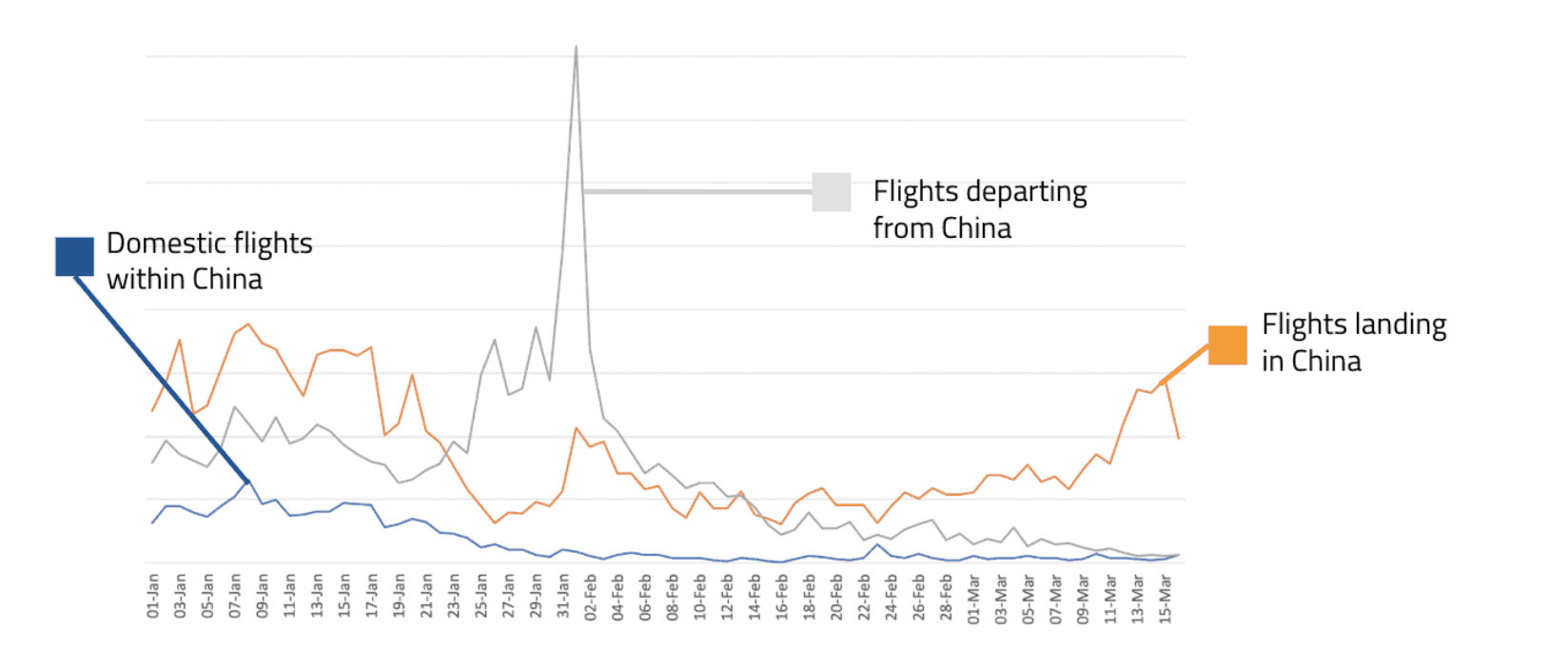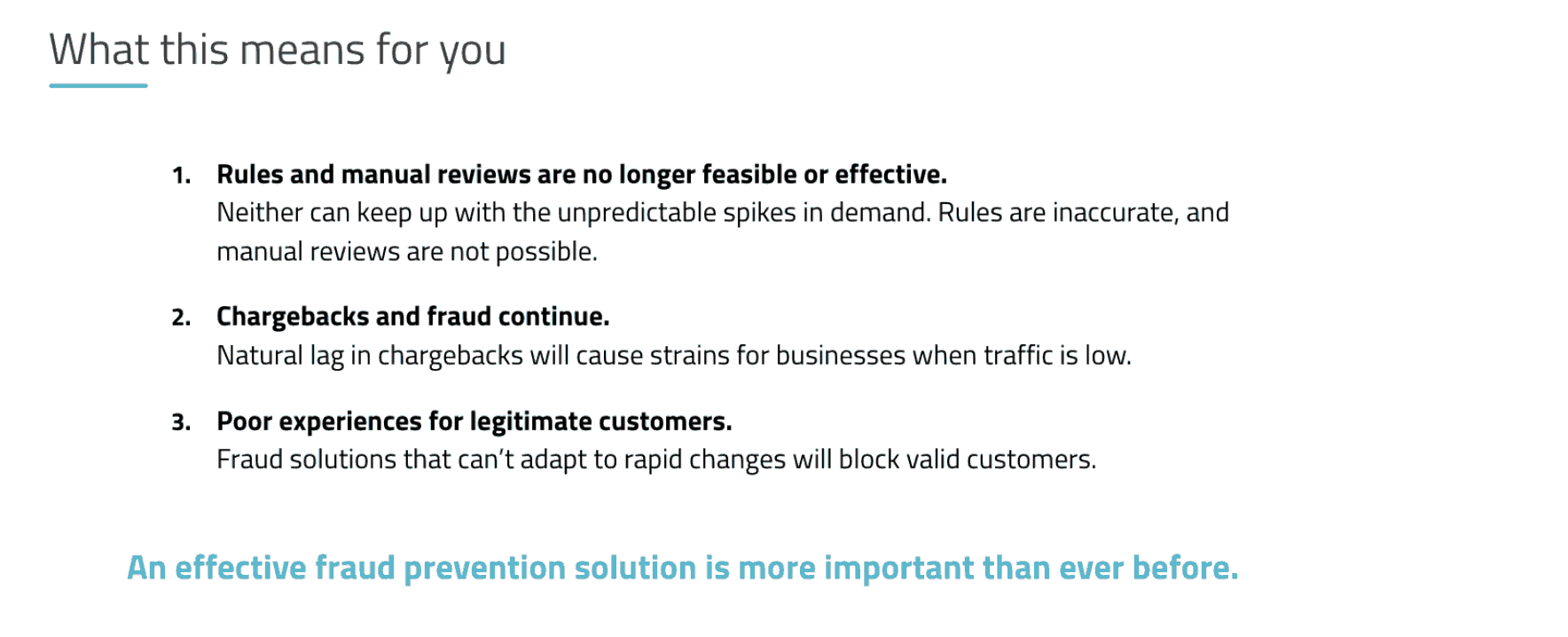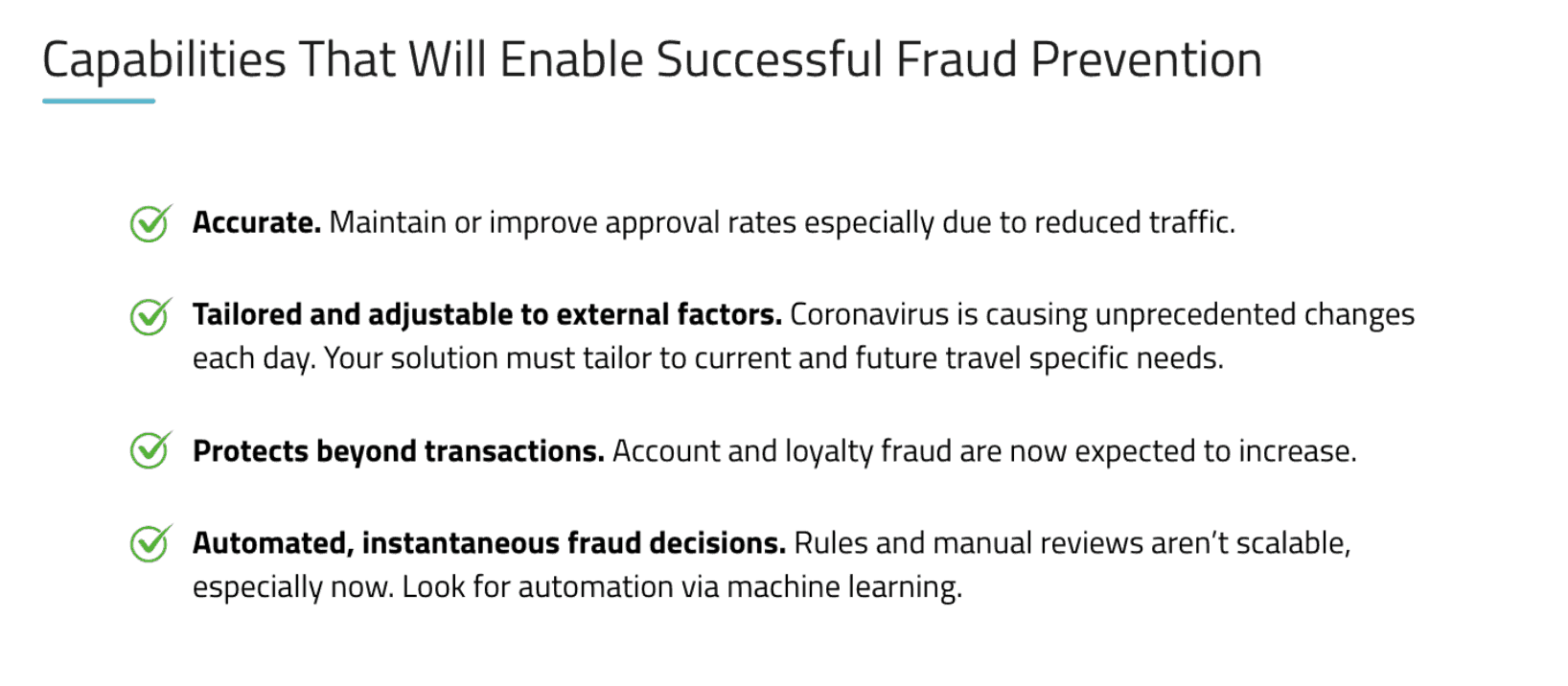Forter recently conducted a webinar on “Trends in Travel: How to Protect Your Business from Rising Fraud.”
Senior Analytics Team Lead at Forter, Nir Maayan, discusses fraud in the travel industry, the impact of Coronavirus (COVID-19), and what to expect in the coming year. He also discusses the ways to protect your business’ bottom line during this tumultuous time.
Trends in Travel
Travel is a dynamic industry, especially in the current global climate. In order to accurately assess a travel business’ fraud prevention requirements, the following unique aspects must be taken into consideration:
- Limited Availability / Dynamic Pricing: There are only a specific number of aisle seats, or for hotel bookings; a limited number of suites. Pricing for these items are dynamic – they shift with season, demand, and the availability of each item.
- Impacts of External Factors: If a global sporting event like the Olympics is announced to take place in Sochi, suddenly a huge spike in traffic to the city will appear. To the untrained eye, this may look like fraudulent traffic. Fraud rings typically target specific geographies, stealing high priced tickets for flights going in and out of that specific region. The Olympics location announcement by itself is one possible example of an external factor but the details are more high resolution – during the games themselves there will be a lot of consumer activity influenced by how particular Olympic athletes fare.
- Expanded Monetization Channels: Online travel has expanded to include travel packages which extend to car rentals, extra leg room, or other upgrade packages.
- Personalization: Travel businesses are now offering “experiences” not just the airfare or hotel booking. They are offering subsets of their ecosystem, more unique packages that include for example, Disney packages, or hotel stays plus tickets to an event. Packages and offers will be presented to users based on their previous activities on the site.
- Loyalty Offerings: Loyalty programs are growing increasingly popular with consumers, but likewise present fraudsters a new avenue for expanded profits. Fraud attack rates in this area have grown by 89% over the last year.
The Complexity of Traveler’s Behavior
Legitimate traveler behaviors are complex and can be difficult for a less sophisticated fraud system to discern from nefarious behaviors.
-
- Activities and behaviors vary by region
- Travel is often booked or modified at the last minute
- Legitimate travels often booked from public places (hotels, airports, etc).
- Traveling in groups is common
- Trips are booked through agents (the traveler and booker often are not the same or clearly connected/related: employee, friend, grandparent, significant other, school trip, business)
The Types of Fraud Facing the Travel Industry
The travel industry is faced most often with the following types of fraud attacks:
How the Coronavirus is Impacting the Travel Industry, and What to Expect in 2020
The outbreak of the Coronavirus has had significant and immediate impact on the global travel industry. So far Forter has seen:
During this time, travel habits have been shifting significantly, which must be taken into consideration when assessing whether travel bookings are fraudulent or not.
In January of 2020, there was an enormous spike in travel outbound from China to the US.
This spike in activity was due to a US-specific restriction cutting off travel departing from China and entering the US as of February 2nd. This resulted in an enormous amount of legitimate bookings, made in a short burst between the 29th of January through February 1st. Without the proper context and situational expertise, many travel businesses saw this activity and flagged it as suspicious.
The Way Forward
During this time, it is important that your business have the following capabilities:
For further insights, watch our complete webinar with Nir and learn more about emerging travel fraud trends, how Coronavirus is impacting the industry, and more information about how Forter can help you protect your business.
The outbreak of Coronavirus is indeed a health concern that is and will continue to impact buying patterns and business execution in the coming weeks and months. Travel merchants must ensure that their fraud prevention systems and teams are properly prepared to understand the situational context required to make accurate fraud decisions, and stay one step ahead of sophisticated fraudsters, without falsely declining any potential legitimate traffic.


